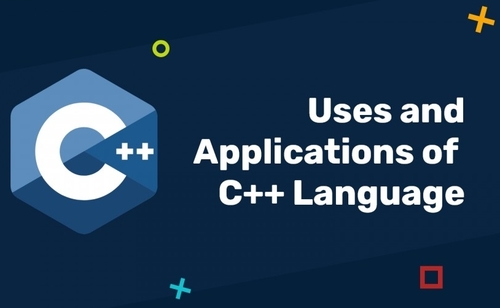C Programming Language also known as Mother of Programming Languages [Not Father👀] was created in 1972 by Denis Ritchie is still a GIANT in the Programming World.
Read More : What are Programming Languages
C is an extremely popular, simple and versatile general-purpose programming language. It is machine-independent, structured programming language that is commonly used in diverse applications. C was the universal language for writing everything from operating systems ( Windows and many more) to complex programs such as the Oracle database, Git, Python interpreter and more .
Even if technology improves , new powerfull programming languages evolve, C Language still has its high Position. You May wonder that actually Python's actual name was CPYTHON because it was wrutten on C Language.
Also Check : Udemy C Programming COurse
History Of C Language
The history of C programming language is quite interesting. C was originally designed for and implemented on the UNIX operating system on the DEC PDP-ll, by Dennis Ritchie. C is the result of a development process that started with an older language called BCPL. BCPL was developed by Martin Richards, and it influenced a language called B, which was invented by Ken Thompson. B led to the development of C in the 1970s.
For many years, the de facto standard for C was the version supplied with the UNIX operating system. In the summer of 1983 a committee was established to create an ANSI (American National Standards Institute) standard that would define the C language. The standardization process took six years (much longer than anyone reasonably expected).
The ANSI C standard was finally adopted in December 1989, with the first copies becoming available in early 1990. The standard was also adopted by ISO (International Standards Organization), and the resulting standard was typically referred to as ANSI/ISO Standard C. In 1995, Amendment 1 to the C standard was adopted, which, among other things, added several new library functions. The 1989 standard for C, along with Amendment 1, became a base document for Standard C++, defining the C subset of C++. The version of C defined by the 1989 standard is commonly referred to as C89.
During the 1990s, a new standard for C was being developed. It was the 1999 standard for C, usually referred to as C99. In general, C99 retained nearly all of the features of C89. The C99 standardization committee focused on two main areas: the addition of several numeric libraries and the development of some special-use, but highly innovative, new features, such as variable-length arrays and the restrict pointer qualifier. These innovations have once again put C at the forefront of computer language development.






SAP HANA Training In Noida
ReplyDelete